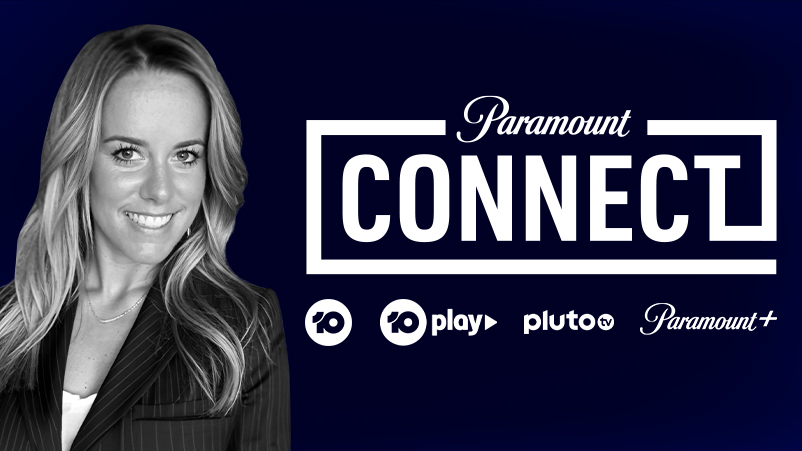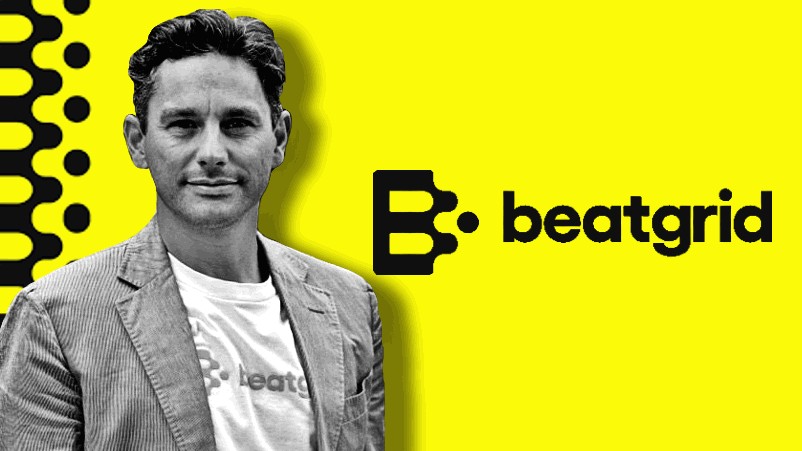Kim Williams: Corporations should take a stance on major social movements
At a high level-round table, Kim Williams distilled the fundamentals of good communications, why corporations should take a stance on major social movements, how Facebook is shirking editorial responsibility and what diversity really means in media. Vanessa Liell, Executive Director at Commtract unpacks his key points.
“I think the world is completely over spin,” says Kim Williams. “Spin doesn’t work with the public and if it does, it’s only for very brief periods of time before it rapidly erodes in terms of having any responsive capability in terms of getting a sticky relationship with a community.”
It is just one of many erudite insights that the former CEO of News Corp Australia and Foxtel shared with more than a dozen of ANZ’s leading corporate affairs directors last week at roundtable hosted by Commtract and the Trans-Tasman Business Circle.
For the unfamiliar, Kim Williams is perhaps as close as it gets in corporate Australia to a genuine polymath. He is currently Chair of the Thomson Reuters Board of Trustees, the Copyright Agency, the State Library of NSW Foundation (Co-Chair) and VidCorp.
He is also on the Board of the University of Western Sydney Foundation and Myer Family Investments, and was until his retirement in March, a Commissioner of the Australian Football League, just some of the many senior roles he has occupied in a stellar career in media, sport, education and the arts.
I have endeavoured to condense Kim’s views on six pressing communications and corporate affairs topics below.
1. The fundamentals of good communication
Good communication comes down to the following behaviours: “Being transparent, offering coherence and logic and comprehensibility in what one is saying, and offering something that is consistent but actually has the courage to be agile and honest and change as circumstances change.”
2. Government communications during Covid
Governments that have fallen short on those communications fundamentals during Covid have lost public trust, says Kim, referencing Thomas Hobbes, one of the first great social and moral political philosophers in Britain.
“Hobbes… developed the notion of ‘social contract’, by which governments have authority over people but people’s willingness to submit their rights and position (or not) is dictated by the quality of the relationship between the two.”
“That would seem to have been pretty severely tested in different jurisdictions over the last 15 months and I would contend very firmly that that really comes back to the core issue of the quality of communication that different governments have offered… In many instances governments have been remarkably deficient in the way they have communicated in actually giving people confidence in the pathway forward.”
In Kim’s view Australia has been “generally fairly well served by our governments” as regards communication buts he does not think there is “anything approaching clarity on how we reopen our nation and our borders in a way that actually is capable of objective defence.”
3. Corporations should take a stance on major social movements
The idea of social contract now applies to large companies in the form of their “social license” to operate. That includes the need to engage with social policy and social movements, such as racial equality and climate change.
“I don’t think it is negotiable any longer,” says Kim. “I think workforces and customers and citizens at large have an expectation that corporations will have views and policies, not on every question in life, but on major social movements, and that those will accord with a generally accepted societal norm in terms of behaviours and in terms of general attitude, presentation and observed responsibility.
“I personally think that is inevitable when you are dealing with power. To state the obvious, companies have very significant social power, they have very significant economic power, and they are primary engines of the whole nature of the way in which we interact with each other. Therefore, in a sophisticated and connected era, it is non-negotiable for companies in terms of having to have social responsibility.”
Kim adds that he “surprised by some companies that say their sole responsibility is to the shareholder” and “surprised that the [Australian Federal] Government is pushing back at business for actually having developed policies in relation to, for example, energy policy”.
“If you don’t have a view on energy policy, you’re not a very effective planning agent for the future of your enterprise, so the issue is, how well you communicate your own view on that energy policy in way which aspires to be as apolitical as one can,” he says.
4. Many young journalists need better training
“Young journalists are often not given the support and the kind of mentoring and correction that is altogether important in being able to grow and develop as a professional journalist and I think we see evidence of that on a daily basis in our commercial media and also in our publicly-supported media,” says Kim (stressing that Reuters maintains rigorous training programmes).
He adds: “Many of the younger journalists in the ABC – and there is clearly a generational change taking place in the ABC – are clearly not counselled and not corrected in relation to at times quite egregious errors in their reporting.
“I feel for them in that they are not being given the necessary institutional support and guidance that is fundamental to be able to grow and develop as a professional journalist – I don’t mean that in an aggressive way against journalists, I am a great defender of journalists and the very difficult challenges of being a journalist in the 21st Century.”
5. Facebook and editorial responsibility
“Facebook is the most significant communication platform on planet earth and has had a profound impact on the whole way people source and share and communicate with each other, it is profoundly Influential.
“But I would make the personal observation that I don’t think Facebook reflects any of the kind of editorial responsibility for the power that it effects in facilitating that flow of information responsibly. I think it’s quite a defective enterprise in that way, speaking personally.”
6. What diversity really means in media
“A healthy democracy must always celebrate diversity of thought and the possibilities in relation to provisioning solutions, particularly in a time as complicated as that we have now.”
Reuters last month appointed Alessandra Galloni as the first female editor in chief in its 170-year history, and its first transgender executive editor Gina Chua. But while these were significant appointments symbolically, both were made entirely on merit.
Kim adds: “One of the interesting things in media in embracing diversity is that people forget it’s not just diversity in, for example, the statistical breakdown between men and women but it’s also diversity in terms of a diversity of views and social backgrounds and social experiences that inform the creation of the information and analysis which we consume.
“Diversity in the better newsrooms of the world is embracing those sorts of concepts and actually saying it’s not just about having a statistical tabulation of our breakdown between gender and ethnicity but actually looking to the backgrounds of people and the way in which they bring to the formulation of information and analysis a diversity of experiences and perspectives in order to inform debate and basic information digestion in a way that is helpful.”


